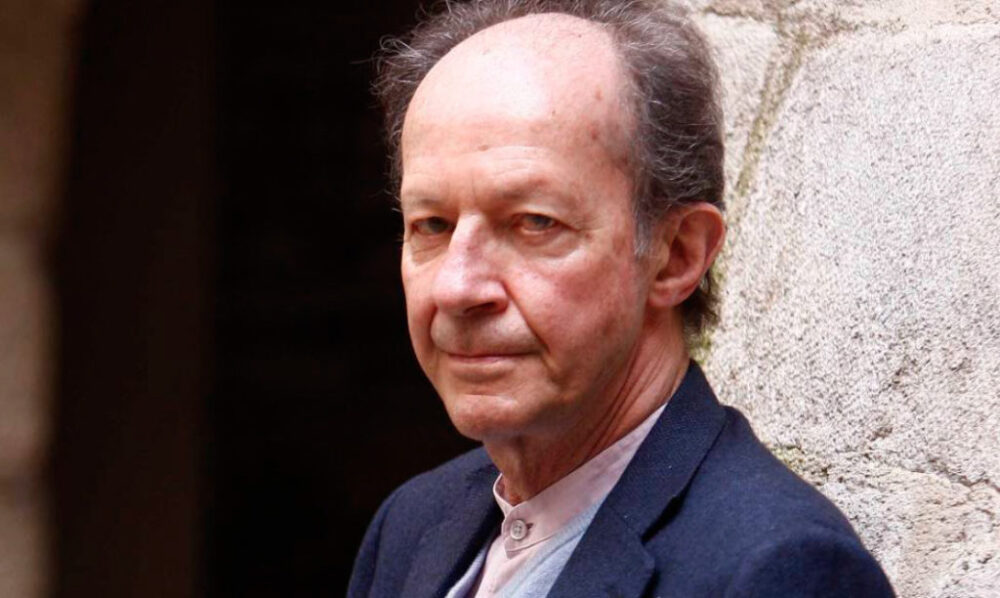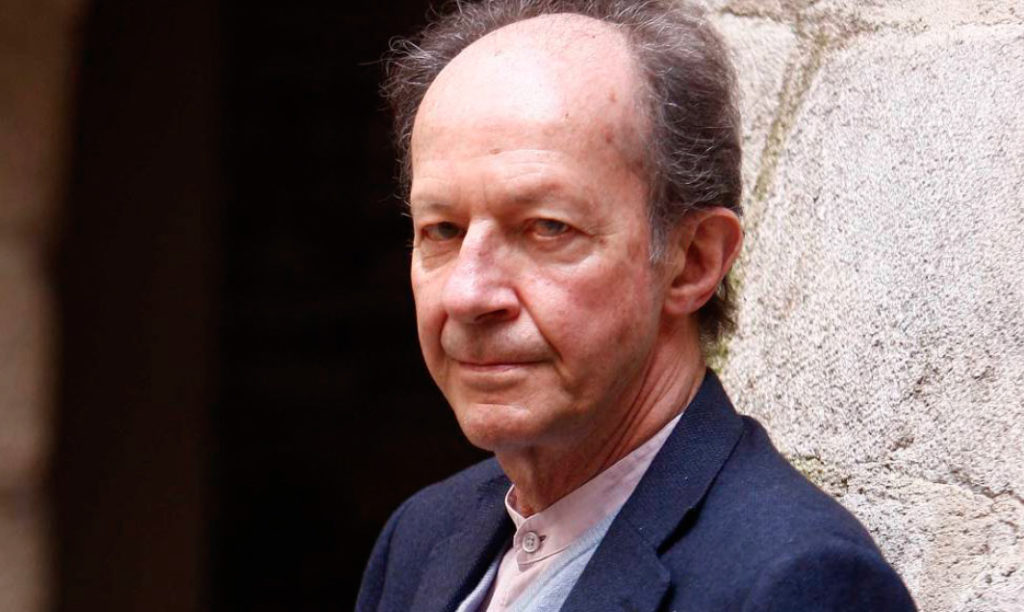BY: Giorgio Agamben*
Translation BY: Costantino Ceoldo

PEJOURNAL – It is necessary to take seriously the thesis, repeated several times by governments, according to which humanity and every country are currently in a state of war.
It is understood that such a thesis serves to legitimize the state of exception with its drastic limitations on freedom of movement and absurd expressions such as “curfew”, otherwise difficult to justify.
The bond between the powers of government and the war is, however, more intimate and consubstantial. The fact is that war is something they cannot in any way permanently do without. In his novel, Tolstoy contrasts peace, in which men follow their desires, their feelings and their thoughts more or less freely and which appears to him as the only reality, to the abstraction and lie of war, in which everything seems drawn from an unrelenting necessity.
In his mural in the public palace in Siena, Lorenzetti represents a city in peace whose inhabitants move freely according to their occupations and pleasures, while in the foreground some girls dance holding hands.
Although the fresco is traditionally entitled The Good Government, such a condition, woven as it is by the small daily events of common life and by the desires of each one, is actually ungovernable in the long run.
Although it may be subjected to limits and controls of all kinds, it tends by its nature to avoid calculations, plans and rules – or, at least, this is the secret fear of power. This can also be expressed by saying that history, without which power is ultimately unthinkable, is strictly in solidarity with war, while life in peace is by definition without history. Elsa Morante, entitling History her novel in which the story of some simple creatures is contrasted with the wars and catastrophic events that mark the public events of the twentieth century, had something like this in mind.
That’s why the powers that want to rule the world must sooner or later resort to a war, no matter if real or carefully simulated. Moreover, since in the state of peace the life of men tends to come out of every historical dimension, it is not surprising that governments today do not tire of remembering that the war on the virus marks the beginning of a new historical epoch, in which nothing will be as before.
And many, among those who blindfold their eyes so as not to see the situation of non-freedom into which they have fallen, accept it precisely because they are convinced, not without a hint of pride, that they are entering – after almost seventy years of peaceful life, that is, without history – in a new era.
Even if, as is all too evident, it will be an age of servitude and sacrifice, in which everything that makes life worth living will have to suffer mortification and restrictions, they willingly submit themselves to it, because they believe stolidly to have found in this way for their life that meaning they had, without realizing it, lost in peace.
It is possible, however, that the war on the virus, which seemed to be an ideal device, which governments can measure and direct according to their needs far more easily than a real war, ends up, like any war, getting out of hand. And perhaps at that point, if it is not too late, men will once again seek that ungovernable peace which they have so unwisely abandoned.
*Giorgio Agamben is a well-known Italian philosopher. He left the United States in controversy with the restrictions to freedom imposed by the first Patriot Act, immediately after 9/11. After the outbreak of the coronavirus epidemic, he raised his concerns about the managing of the emergency, by being submerged in an incredible media attack aimed at discrediting him and presenting him as an old fool. He was not the only one to undergo this treatment and the aggressiveness revealed by the regime press clearly indicates (at least to our eyes), if not the artificiality of the pandemic emergency, rather the general weakening of Italian society, intentionally and increasingly feminized and homosexualized
https://en.wikipedia.org/wiki/History_(novel)
https://www.quodlibet.it/giorgio-agamben-la-guerra-e-la-pace
